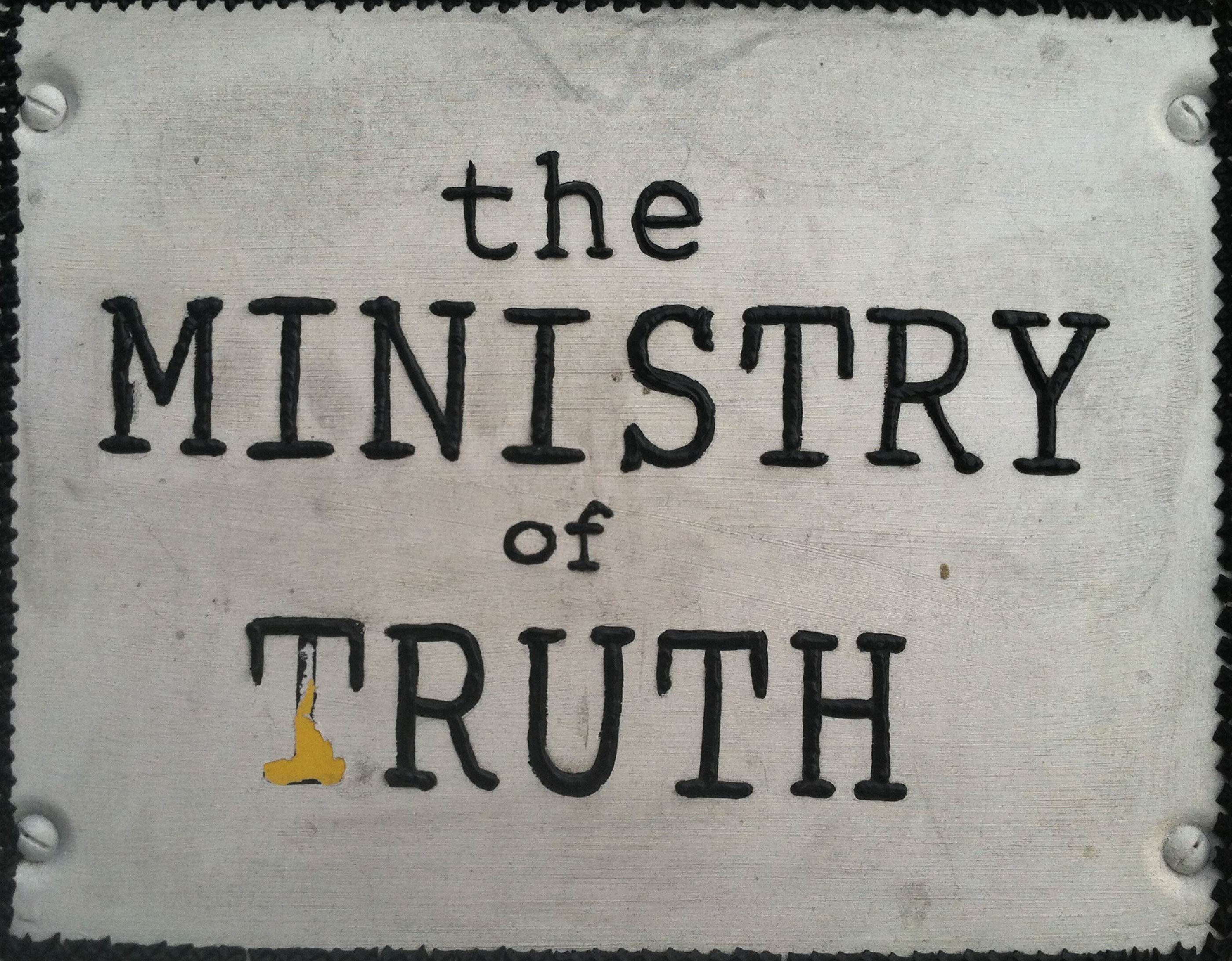The following censorship instructions, issued to the media by government authorities, have been leaked and distributed online. The name of the issuing body has been omitted to protect the source.
All websites, regarding the extradition hearing for Meng Wanzhou in Canada, follow authoritative media coverage and the Foreign Ministry’s stance without exception. Do not reprint related foreign media reports without permission. (May 9, 2019) [Chinese]
Last December, police in Canada arrested Huawei CFO Meng Wanzhou on Washington’s behest for her alleged violation of Iran sanctions. The U.S. has since announced criminal charges against both Meng and Huawei for bank and wire fraud. In a court appearance this week, Meng’s lawyers managed to delay her extradition hearings until after a separate court appearance in September by arguing that the initial case against her was politically motivated. At The Globe and Mail, Mike Hager and Xiao Xu report:
In B.C. Supreme Court on Wednesday, the lawyers successfully delayed formal extradition proceedings until after a separate hearing at the end of September determines whether more evidence must be disclosed by the prosecution. During the session, Ms. Meng’s team of four criminal lawyers argued her case should be tossed anyway because: her arrest was an abuse of process; the fraud charge she is facing in the United States is for a crime that doesn’t exist in Canada; and the U.S. government’s extradition request represents an “abuse of power.”
Defence lawyer Scott Fenton said U.S. President Donald Trump’s suggestion that he might intervene to free Ms. Meng if it served national-security interests or helped close a trade deal with China – made the same day Ms. Meng was granted bail from a Vancouver-area prison – was “intimidating and corrosive of the rule of law.”
[…] Justice Heather Holmes ruled on Wednesday that Crown prosecutors must defend the level of evidence that they have so far disclosed relating to Ms. Meng’s initial detention by the Canada Border Services Agency on Dec. 1 and subsequent arrest by the RCMP. A separate civil lawsuit launched by Ms. Meng alleges these border agents questioned her for three hours without advising her of her rights and unlawfully searched her electronic devices – including two cellphones, an iPad and a personal computer – before nearby Mounties arrested her.
None of the allegations against any party has been proved in court. […] [Source]
Ahead of the September hearing, the court also approved Meng to move from her CA$5 million residence to serve house arrest in a newly renovated $13 million Vancouver mansion. After Meng’s arrest in December, Canadians Michael Kovrig and Michael Spavor were detained over allegations of endangering state security, and remain incarcerated at undisclosed locations and reportedly unable to access lawyers. Weeks later, the long pending retrial of Canadian Robert Schellenberg’s 15-year drug sentence resulted in a much harsher death sentence in January. At The Washington Post, Anna Fifield reports that hours after Meng’s case was delayed, a court in Dalian delayed its ruling on Schellenberg’s appeal:
A Chinese court has delayed ruling on a Canadian man’s appeal against his death sentence for drug smuggling, just hours after a Canadian court set a September date for the next hearing in an extradition case against a top Chinese executive.
The ruling by the Chinese court further fuels concerns that Robert L. Schellenberg’s case is being influenced by politics.
[…] Chinese Foreign Ministry spokesman Geng Shuang said Thursday that China’s position was clear.
“The U.S. and Canada abused their bilateral extradition treaty and took compulsory measures against a Chinese citizen without reason. This is a severe violation of the legitimate rights of the Chinese citizen and also a severe political incident,” he said at a regular news briefing. “We again urge the U.S. to revoke the arrest warrant and extradition request against Meng Wanzhou. We again advise Canada to take seriously China’s position to release her and allow her to return.” [Source]
A second Canadian was sentenced to death for drug charges in China last month. Earlier this week, Reuters reported that Ottawa was urging Washington to offer more help on the Kovrig and Spavor detentions, and on trade blocks against Canadian commodities that some see as further retaliation for the Meng arrest.









